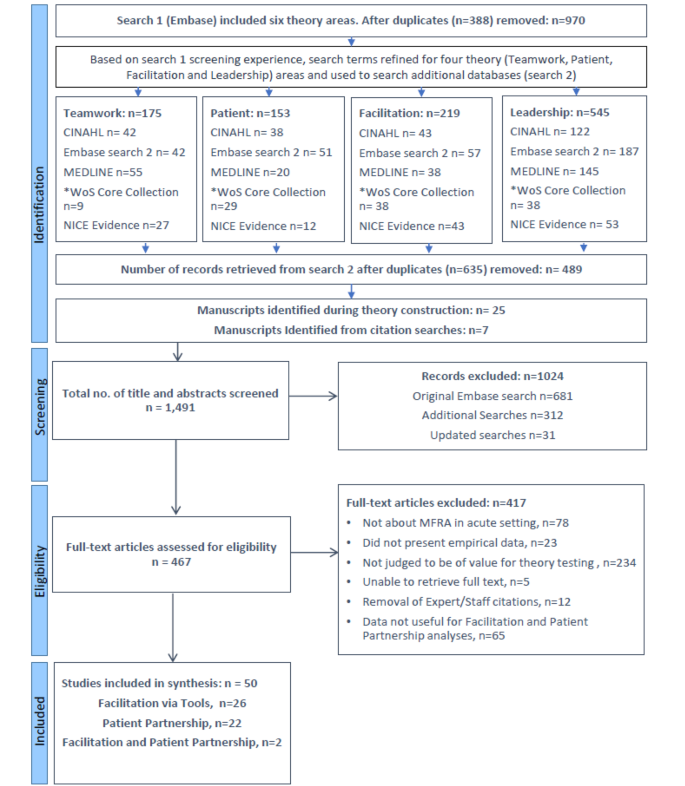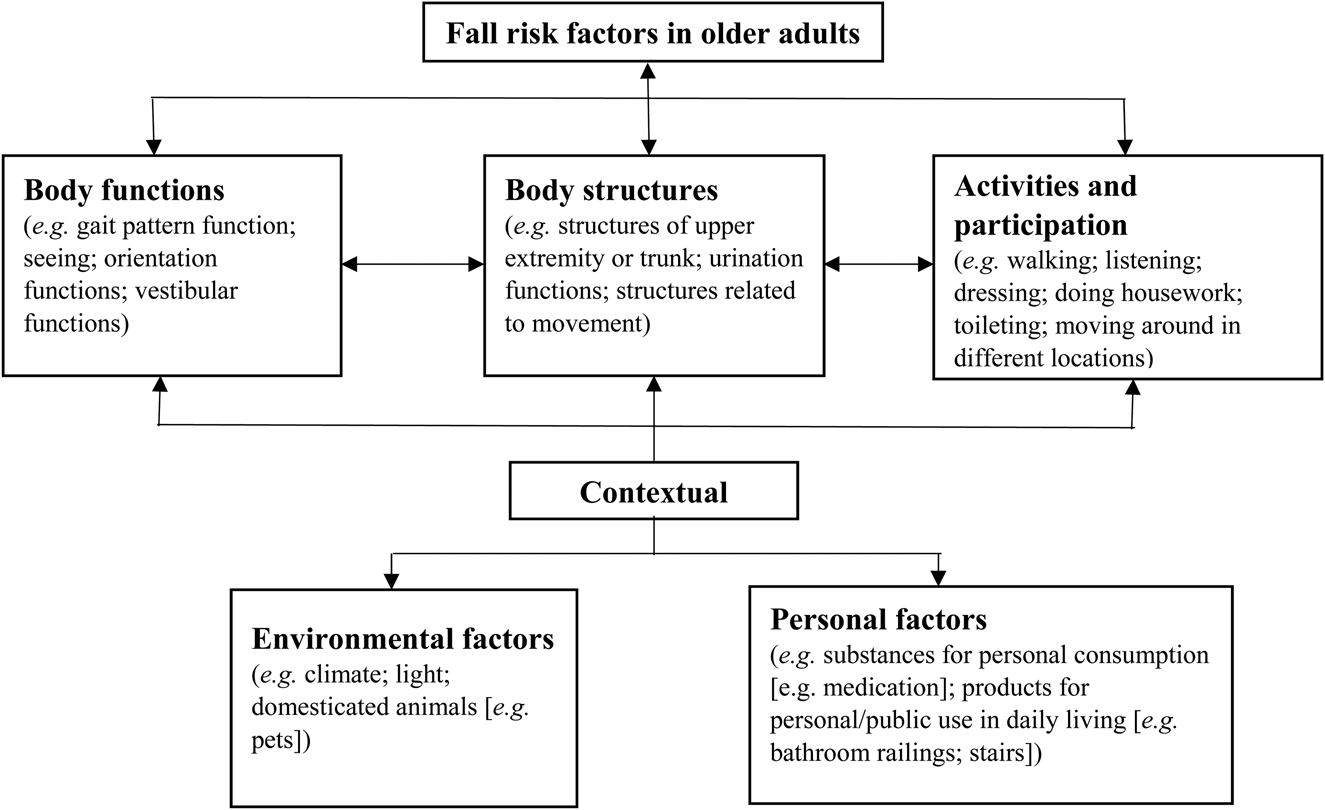Dementia Fall Risk Things To Know Before You Get This
Dementia Fall Risk Things To Know Before You Get This
Blog Article
The smart Trick of Dementia Fall Risk That Nobody is Talking About
Table of ContentsWhat Does Dementia Fall Risk Do?The 6-Second Trick For Dementia Fall RiskThe Ultimate Guide To Dementia Fall RiskThe Best Guide To Dementia Fall Risk
A loss danger analysis checks to see exactly how likely it is that you will fall. The assessment usually includes: This consists of a series of inquiries regarding your total health and wellness and if you have actually had previous falls or issues with balance, standing, and/or strolling.Interventions are recommendations that might reduce your threat of dropping. STEADI consists of 3 steps: you for your threat of falling for your threat aspects that can be enhanced to try to prevent drops (for example, balance problems, damaged vision) to reduce your risk of dropping by utilizing efficient techniques (for example, providing education and learning and sources), you may be asked several concerns consisting of: Have you fallen in the previous year? Are you worried concerning dropping?
If it takes you 12 seconds or even more, it might mean you are at greater risk for an autumn. This examination checks strength and equilibrium.
The placements will obtain more challenging as you go. Stand with your feet side-by-side. Relocate one foot halfway ahead, so the instep is touching the large toe of your other foot. Relocate one foot completely in front of the other, so the toes are touching the heel of your various other foot.
Top Guidelines Of Dementia Fall Risk
Many falls take place as an outcome of several adding aspects; as a result, taking care of the danger of falling starts with identifying the factors that add to fall risk - Dementia Fall Risk. Several of the most pertinent danger aspects include: History of previous fallsChronic medical conditionsAcute illnessImpaired stride and equilibrium, lower extremity weaknessCognitive impairmentChanges in visionCertain risky medicines and polypharmacyEnvironmental aspects can likewise increase the danger for drops, consisting of: Poor lightingUneven or damaged flooringWet or unsafe floorsMissing or damaged hand rails and get hold of barsDamaged or incorrectly equipped equipment, such as beds, wheelchairs, or walkersImproper use assistive devicesInadequate guidance of individuals residing in the NF, consisting of those who exhibit hostile behaviorsA effective autumn risk administration program needs a complete clinical analysis, with input from all members of the interdisciplinary group

The care plan should likewise include interventions that are system-based, such as those that promote a risk-free setting (proper illumination, handrails, get bars, etc). The efficiency of the interventions ought to be reviewed occasionally, and the treatment strategy modified as necessary to mirror adjustments in the loss danger analysis. Implementing a loss threat monitoring system utilizing evidence-based finest method can minimize the prevalence of drops in the NF, while limiting the possibility for fall-related injuries.
The Best Guide To Dementia Fall Risk
The AGS/BGS guideline suggests evaluating all adults matured 65 years and older for fall danger every year. This screening contains asking patients whether they have actually dropped 2 or view website even more times in the past year or looked for medical interest for a fall, or, if they have actually not fallen, whether they really feel unstable when strolling.
Individuals who have actually fallen when without injury should have their balance and gait reviewed; those with gait or balance irregularities must receive extra analysis. A background of 1 autumn without injury and without stride or balance problems does not call for more analysis beyond continued annual loss threat testing. Dementia Fall Risk. An autumn threat evaluation is called for as component of the Welcome to Medicare examination

The Best Guide To Dementia Fall Risk
Recording a drops history is one of the high quality signs for autumn avoidance and why not try these out management. A more helpful hints vital component of danger evaluation is a medication review. Several classes of medications boost autumn risk (Table 2). copyright medicines specifically are independent forecasters of drops. These medicines tend to be sedating, modify the sensorium, and impair balance and stride.
Postural hypotension can frequently be relieved by decreasing the dose of blood pressurelowering drugs and/or quiting medications that have orthostatic hypotension as a negative effects. Usage of above-the-knee support hose and copulating the head of the bed boosted might additionally reduce postural decreases in high blood pressure. The advisable elements of a fall-focused checkup are displayed in Box 1.

A Yank time greater than or equivalent to 12 secs recommends high fall danger. Being incapable to stand up from a chair of knee height without making use of one's arms indicates enhanced autumn threat.
Report this page